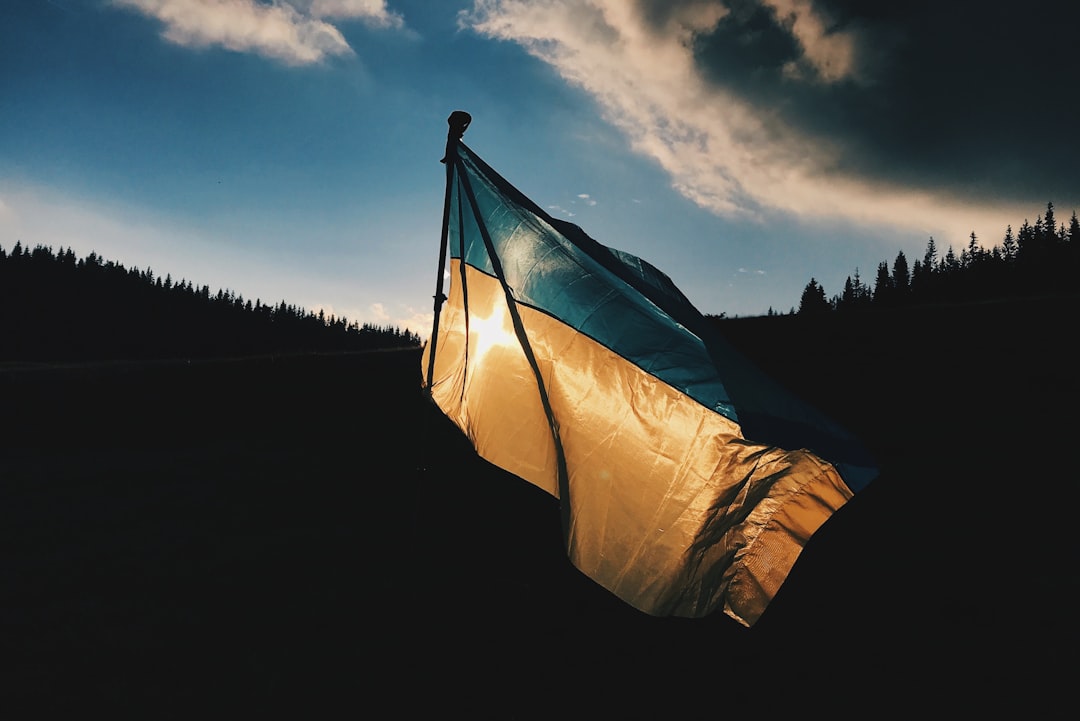Discover more from Drezner’s World

For all my criticisms of the marketplace of ideas, on occasion it works quite well. For example, during the Russo-Ukraine war it has been easy to separate genuine experts of the Russian military from the charlatans. They have acquired followers and listeners and whatnot. Attention has been paid to the likes of CNA’s Michael Kofman and RAND’s Dara Massicot and FPRI’s Rob A. Lee.
For the most part, these experts have been circumspect about the ebbs and flows of the war itself. So it has been striking to see, over the past 48 hours, the near-unanimity of these experts being underwhelmed with Putin’s announcement of a partial mobilization.
See, for example, Massicot’s Foreign Affairs essay from last month, or listen to Kofman and Lee on Dmitri Alperovitch’s podcast, or read what they have told mainstream media outlets. The story is the same:
Russia lacks the NCOs, officers, and infrastructure to properly organize and train these reservists. Instead, these reservist will likely be thrown into the war in pell-mell fashion.
Even if done in a quick-and-dirty fashion, it will take months for these reservists to get to the battlefield. During that time, Ukraine will possess the initiative on the ground.
The reaction within Russia helps to explain why Putin was loath to take even this step. Putin’s efforts to paint this as a “technical military operation” was designed to prevent any social mobilization against the war. With this mobilization, that gambit is now out the window, and as a result there has been an upsurge in Russians using voice and exit to make their preferences on the matter clear.
Indeed, the New York Times’ Ben Hubbard gets to the central dilemma that Russia faces as this war proceeds:
A little more than 12 hours after he heard that Russian civilians could be pressed into military service in the Ukraine war, the tour guide said he bought a plane ticket and a laptop, changed money, wrapped up his business, kissed his crying mother goodbye and boarded a plane out of his country, with no idea when he might return.
On Thursday morning, he walked into the cavernous arrival hall of the Istanbul International Airport carrying only a backpack and the address of a friend who had promised to put him up while he figured out what to do with his life.
“I was sitting and thinking about what I could die for, and I didn’t see any reason to die for the country,” said the tour guide, 23, who, like others interviewed for this article, declined to give his name for fear of reprisals (emphasis added).
That is the nub of it: ordinary Russians are unwilling to die for territorial conquest in Ukraine. On the other hand, even the grimmest reports from the Ukrainian side make it clear that Ukrainians are willing to fight and die to stay free from Russia. After burning through its best forces, Putin faces a dilemma. As another New York Times story notes, “Russia’s central issue — a lack of trained, motivated fighters — is not easily solved.”
Realists have been fond of saying that Ukraine is more important to Russia than to the West, and therefore Russia has escalation dominance. This analysis elided an important point: Ukraine is even more important to Ukrainians than to Russians.
Furthermore, the Wall Street Journal’s Stephen Fidler reports that Russian hopes of Europe buckling under the weight of an energy embargo do not appear to be coming true: “Vladimir Putin’s economic campaign to force European governments to abandon support for Ukraine by sharply curbing their natural-gas supplies looks to be faltering as gas prices fall, Russian government finances deteriorate and the continent sets plans to ease the pressure on households and businesses.”
The head of the International Energy Agency has been somewhat less sanguine, warning EU members of the need to coordinate their behavior. Even he, however, has said that Russia had “already lost the energy battle” with Europe.
Maybe this mobilization will work out better than all the experts are saying. But it sure seems that:
In the short run Ukraine retains the tactical advantage in the field;
In the medium run Russia’s government most cope with the domestic fallout from mobilization;
In the long run Russia will have lost any leverage it possesses against Ukraine’s backers in the West.
This is, to say the least, an undesirable strategic situation for Russia. Which explains why Putin and the Russian government are falling back on nuclear threats.
The question is how seriously one should take those threats — a question I hope to tackle next week.










